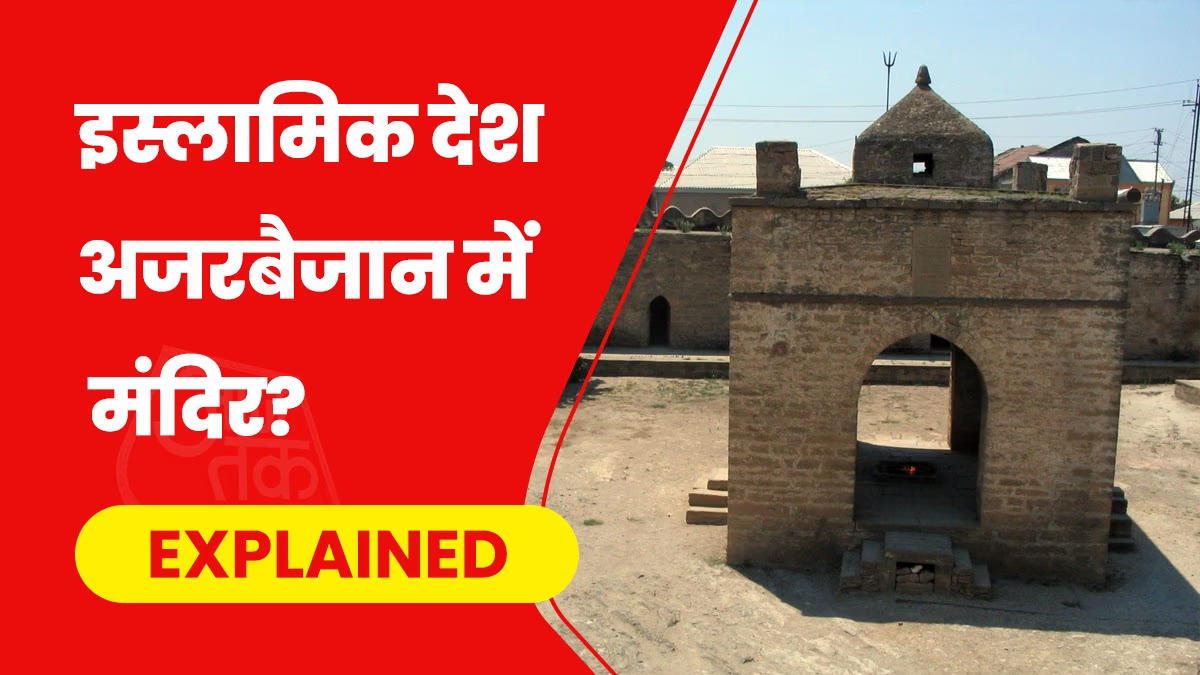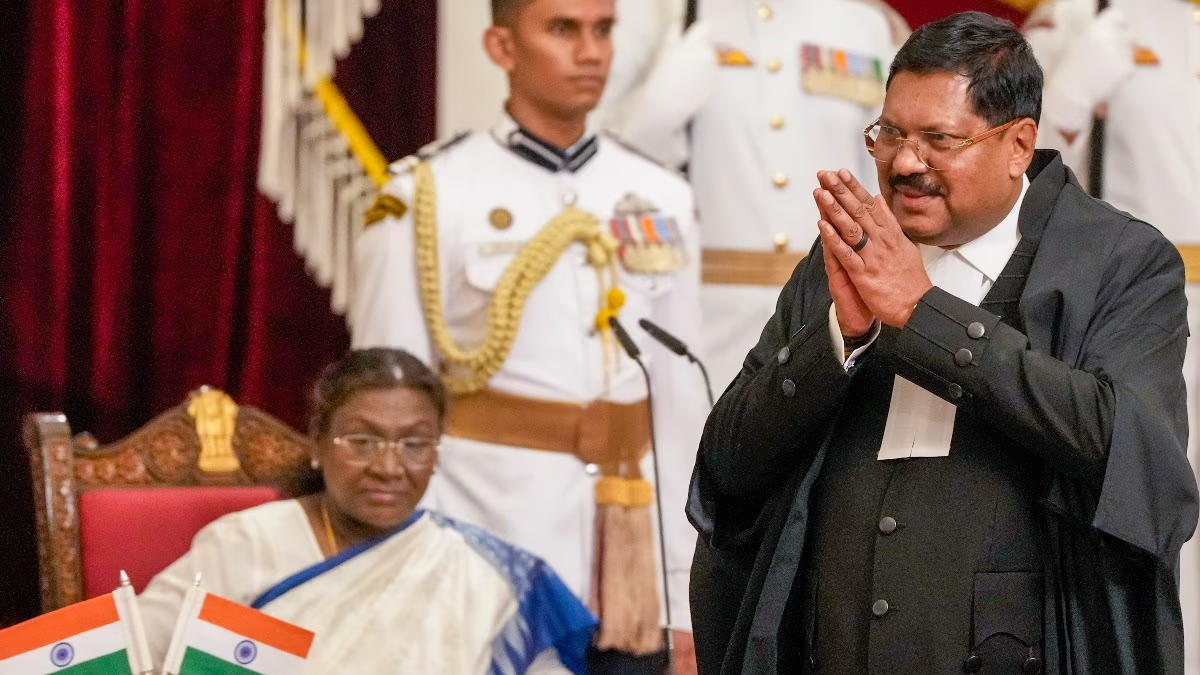Amid the ongoing tensions between India and Pakistan following Operation Sindoor, it becomes pertinent to evaluate the international stance regarding this conflict. Countries like Turkey and Azerbaijan have prominently aligned with Pakistan, which is noteworthy considering Azerbaijan's shared historical and cultural ties with India. Despite this rich cultural affinity, Azerbaijan's allegiance to Pakistan raises eyebrows.
Support for Pakistan from Turkey and Azerbaijan
During Operation Sindoor, Indian forces conducted military operations in Pakistan targeting terrorist sites. Although Pakistan attempted to counterattack, India's advanced air defense systems successfully thwarted these efforts. With limited international backing, Pakistan was left with support only from countries like China, Turkey, and Azerbaijan.
Azerbaijan's Letter of Support for Pakistan
While China and Turkey provided military assistance to Pakistan, Azerbaijan extended its support through a formal communication to Pakistan's Prime Minister. This decision has led to a surge of resentment among the Indian populace towards Azerbaijan, with calls for boycotting trade and tourism with these nations.
Cultural Links Between Azerbaijan and India
Despite being a Muslim-majority country, Azerbaijan's ancient culture resonates with India's diversified history, a testament being an ancient temple in its capital. In 2018, Sushma Swaraj, then India's Foreign Minister, visited this historical site. Her iconic photo, capturing her with folded hands before a flaming light, sparked discussions as the temple is a standing witness to Azerbaijan's shared cultural lineage with Hinduism. Nearby, a Sanskrit inscription further solidifies this historical connection.
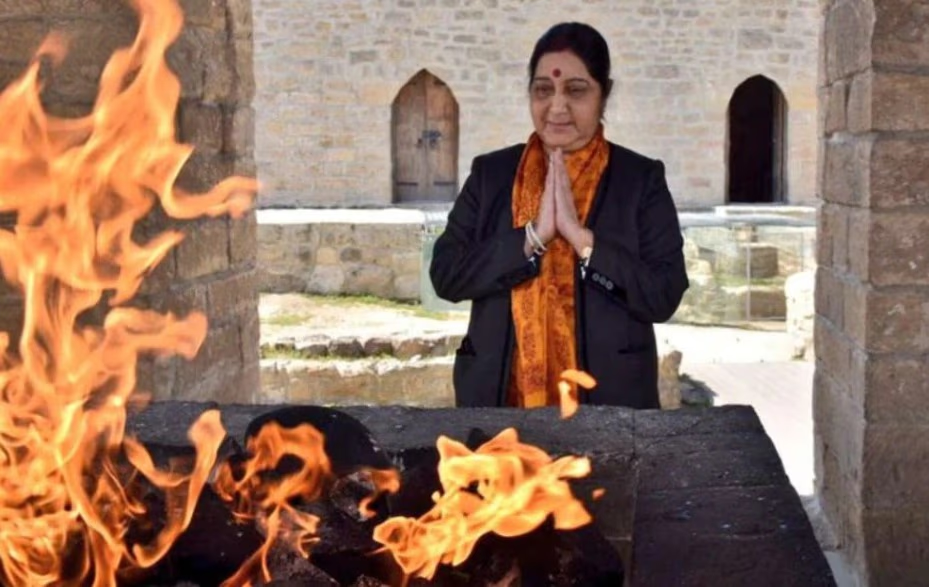
Source: aajtak
Shrine Featuring 'Shri Ganeshaya Namah'
The temple in Baku boasts inscriptions like 'Shri Ganeshaya Namah'. The presence of such elements in a predominantly Muslim nation highlights the expansive reach of Indian traditions, transcending geographical and political divides, and showcasing the universal reverence for Lord Ganesha as an icon of wisdom and prosperity beyond Indian borders.
The Ubiquity of Ganapati Beyond Boundaries
The rituals observed in Baku's Ateshgah reveal the universality of Indian traditions beyond human-made geographical demarcations, signifying an enduring faith that acknowledges these deities as supreme divine figures emblematic of global cultural heritage.
Atashgah: The Fire Temple of Baku
Known as Atashgah, meaning 'home of fire', this revered site has historical evidence dating back to the 17th century, recognized as a place of veneration associated with fire, indicative of its sacred significance in the region.
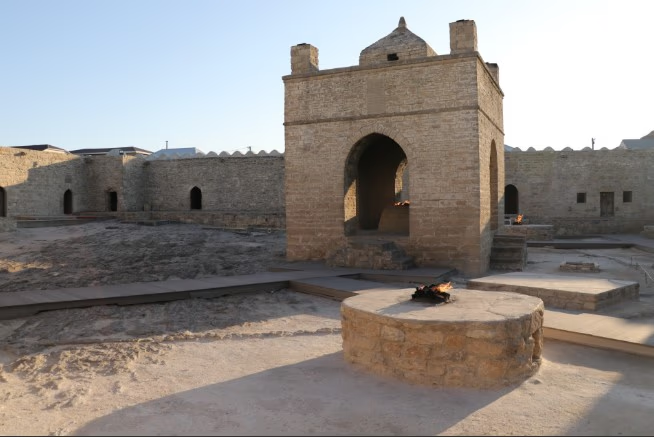
Source: aajtak
Pentagon-Shaped Structure
The site bears a distinctive pentagon-shaped layout, a format often associated with ancient rituals and spiritual practices within Indian culture, surrounded by arched enclosures once serving as dwellings for practitioners, a testament to its historical religious significance.
Construction and Legacy of Atashgah
Constructed during the 17th and 18th centuries, the temple ceased its ritual use by 1883, transitioning to serve as a museum since 1975, attracting thousands of tourists annually. In 2007, it was designated a historical-architectural reserve.
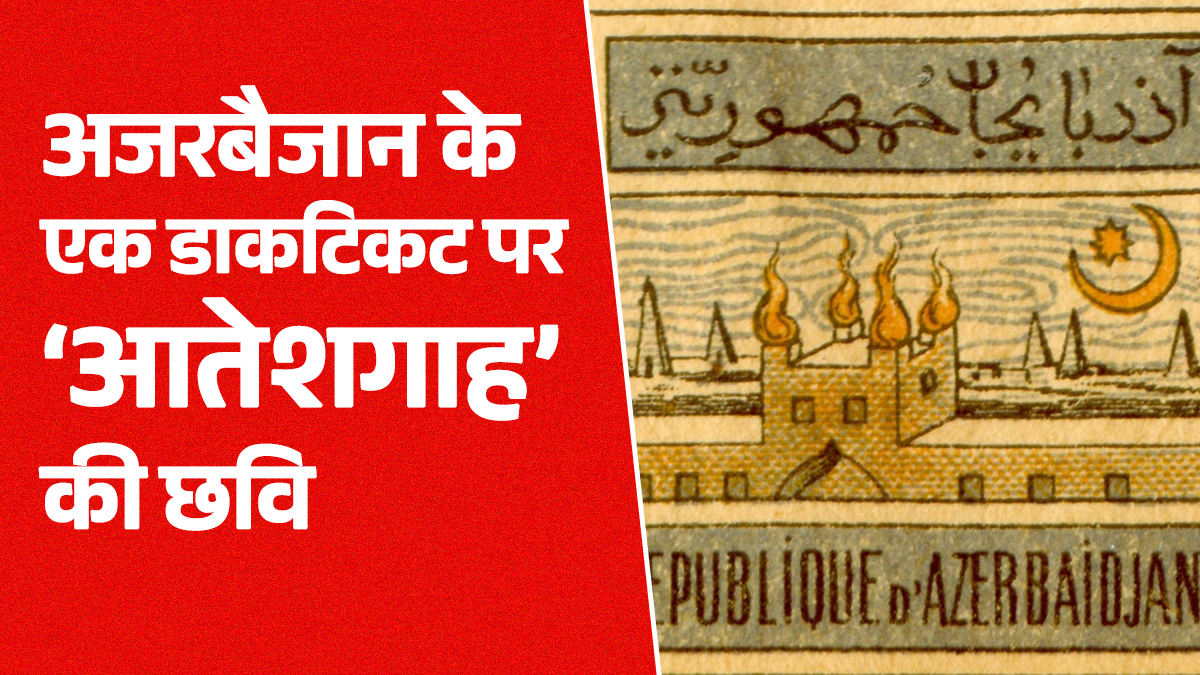
Source: aajtak
Temple's Trident Emblem
Atop the temple, a trident symbolizes traditional Sanatan iconography. Known to represent Lord Shiva's weaponry, the trident signifies prevalent attributes of truth, righteousness, and beauty, linking to shared ideologies with the Zoroastrian faith emphasizing virtuous living.
Universal Recognition of The Deity of Fire
The concept of fire worship expands beyond Sanatan traditions. Celebrated across various cultures, fire has been revered as a symbol of life and purity. In Baku, the convergence of Hindu, Sikh, and Zoroastrian influences from the 18th century underscores centuries of cultural intermingling.
Deep-Rooted India-Azerbaijan Ties
Azerbaijan’s symbolic relationship with India runs deep, further enhanced after India's recognition as a sovereign state post-1991. Despite the cultural bond, recent affiliations with Pakistan have stirred discord.
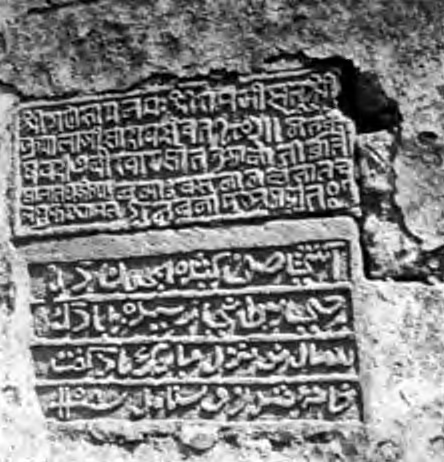
Source: aajtak
Historic Diplomatic Efforts
Prominent leaders like Jawaharlal Nehru and Nobel laureate Rabindranath Tagore have historically visited Azerbaijan, laying foundations of cultural and diplomatic ties. The mutual trade, including significant imports like crude oil and exports of rice by India, further cements the interaction.
However, Azerbaijan's recent alignment with Pakistan affects its potential harmonious rapport with India, drawing critiques from various quarters given their extensive historical and cultural connections.
